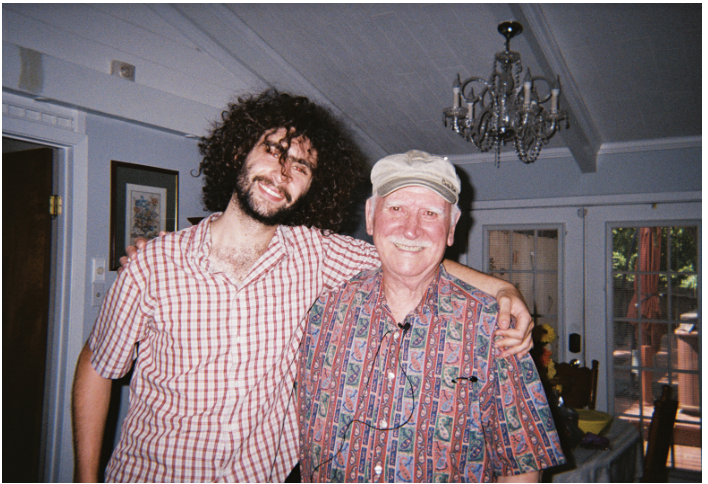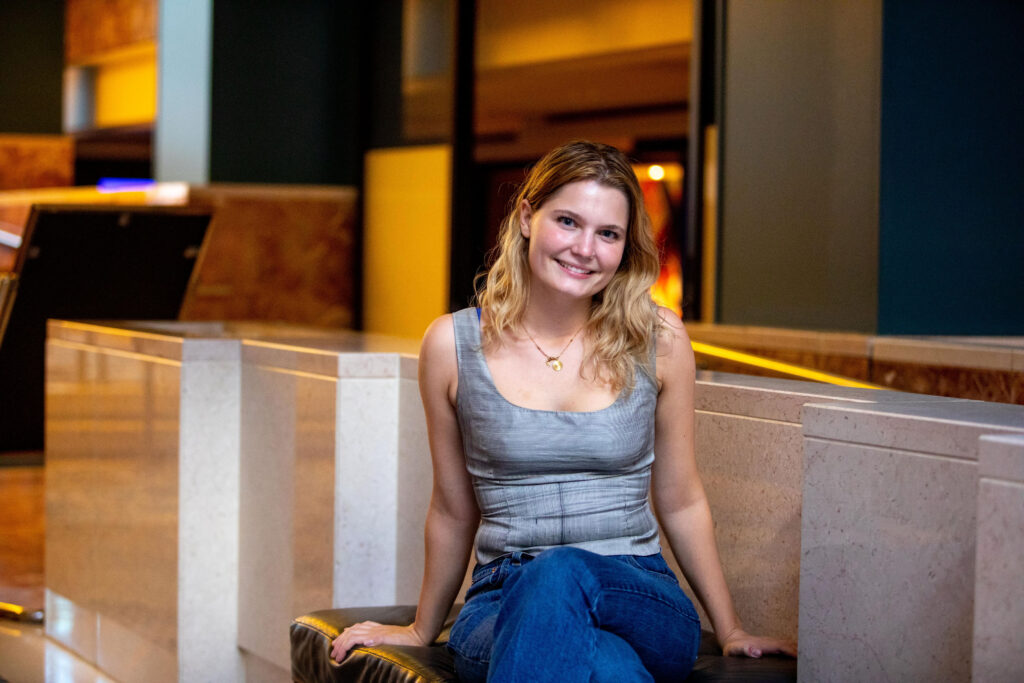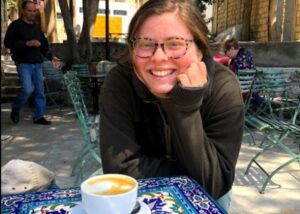Arlo Weiner ‘24 is a history and Middle East studies major. For his thesis, he is creating a documentary about the 1947 Texas City Disaster in which 576 people were killed and more than 3,000 injured. With the assistance of a 2023 Bailey COE summer fellowship, he spent his summer in Texas City and Galveston, meeting with witnesses of the disaster and conducting historical research.

What led you to choose the Texas City Disaster as the subject for this documentary project?
I picked this project because I was able to get in touch with a man named Carl Trepagnier, who wrote a fictionalized account of his experience of the disaster entitled Rise Up: A Novel about the 1947 Texas City Explosion. He offered to bring me to the town and offered to show me around and introduce me to other people who also lived through the disaster.





 Every year, the COE awards fellowships to fund summer research opportunities for Wesleyan students across all majors and class years. SISP and environmental studies major Bella Barocas ’24 spent the summer exploring regenerative agriculture in jewish community through farming at Zumwalt Acres in Sheldon, IL.
Every year, the COE awards fellowships to fund summer research opportunities for Wesleyan students across all majors and class years. SISP and environmental studies major Bella Barocas ’24 spent the summer exploring regenerative agriculture in jewish community through farming at Zumwalt Acres in Sheldon, IL.